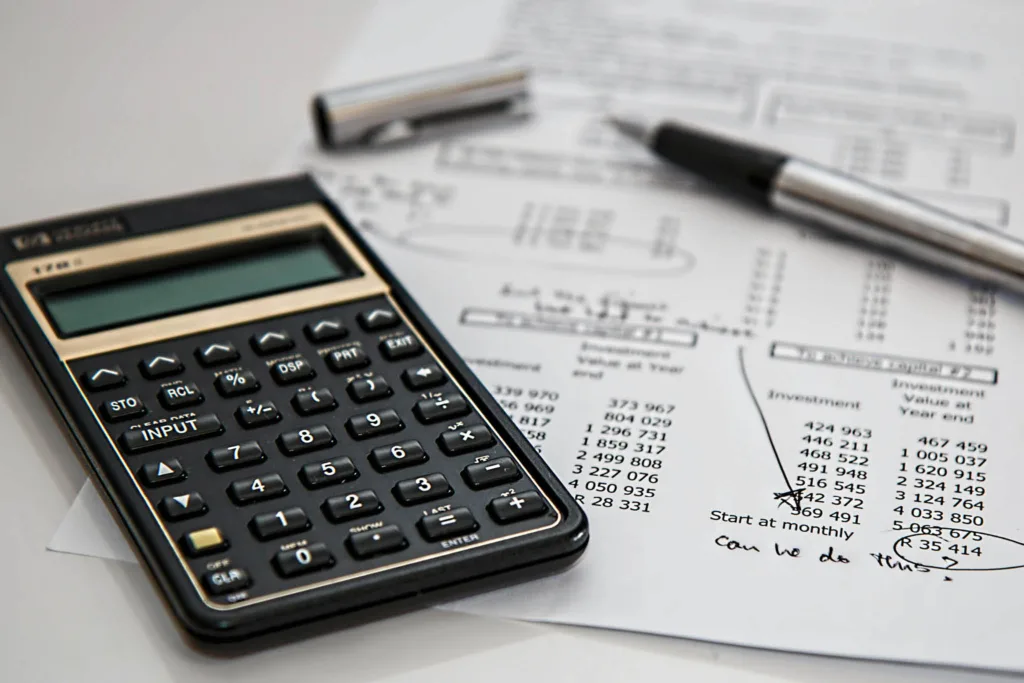When it comes to running a business in Australia—whether you’re a sole trader, a growing startup, or a well-established company—bookkeeping is not just a back-office task. It’s the financial heartbeat of your business. And the difference between a good bookkeeper and a bad one? It can mean the difference between thriving and barely surviving.
What Makes a Good Bookkeeper?
A good bookkeeper is more than someone who just enters numbers into accounting software. They are:
- Accurate and detail-oriented – catching errors before they become expensive problems.
- Up-to-date with ATO regulations – ensuring your business stays compliant with GST, BAS, superannuation, and payroll obligations.
- Proactive – flagging cash flow issues, overdue invoices, or unusual spending patterns.
- Tech-savvy – using tools like Xero, MYOB, or QuickBooks to streamline processes and provide real-time insights.
- Communicative – explaining financial data in plain English so you can make informed decisions.
What Can Go Wrong with a Bad Bookkeeper?
A bad bookkeeper can do more harm than good. Here’s how:
- ATO penalties: Late or incorrect BAS lodgements can lead to fines and audits.
- Cash flow chaos: Mismanaged accounts receivable/payable can leave you short on cash.
- Payroll mistakes: Underpaying staff or missing super contributions can lead to Fair Work investigations.
- Missed deductions: Poor record-keeping can mean you miss out on legitimate tax deductions.
- Wasted time and stress: You’ll spend more time fixing mistakes than growing your business.
Real-World Example
Imagine you’re a Melbourne café owner. Your bookkeeper forgets to lodge your BAS on time for two quarters. The ATO hits you with penalties and interest. On top of that, they misclassify your casual staff, leading to underpaid super. Now you’re facing a Fair Work complaint and a damaged reputation.
Now imagine you had a good bookkeeper. They’d have automated your BAS reminders, ensured payroll compliance, and even helped you claim deductions for your new espresso machine. That’s the difference.
The ROI of a Good Bookkeeper
Hiring a qualified, experienced bookkeeper might seem like an expense—but it’s actually an investment. A good bookkeeper can:
- Save you thousands in tax and penalties
- Free up your time to focus on growth
- Provide insights that help you make smarter business decisions
- Give you peace of mind knowing your finances are in good hands
What to Look for When Hiring
- Certifications: Look for BAS Agent registration and memberships with bodies like the Institute of Certified Bookkeepers (ICB) or CPA Australia.
- Experience in your industry
- References or testimonials
- Clear communication and transparency
- Up-to-date tech skillsFinal Thoughts:
In business, your numbers tell your story. A good bookkeeper helps you write a story of growth, stability, and success. A bad one? That’s a story you don’t want to read.
Share this article:




